The Complete Guide to Protein Supplements: Benefits, Types, Myths, and Use
In the fitness, health, and wellness world, protein supplements have nearly become the standard for bodybuilding, weight control, and general health maximization. Athletes, weekend warriors, and health-conscious individuals looking to enhance their nutrition likely have thought about taking a protein supplement at some point. So what are they? How do they function? Are they safe? And most importantly—do you need them?
In this detailed blog, we’ll explore all there is to know about protein supplements—from where they came from to how they contribute to contemporary diet, covering scientific and practical angles.
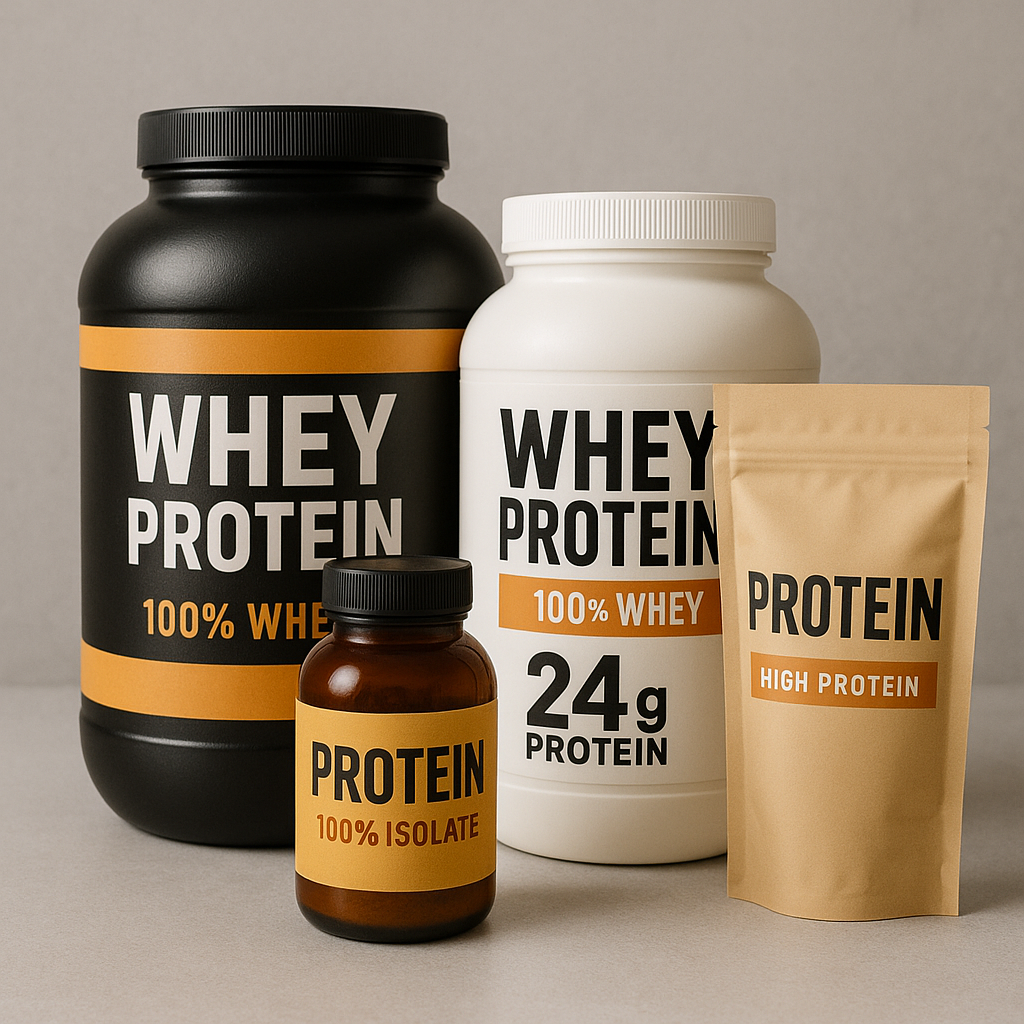
What Are Protein Supplements
Protein supplements are highly concentrated sources of dietary protein from animal or plant foods. They can be used commonly to enable one to meet their protein needs without the need to eat large quantities of food. Protein supplements are available in different forms, namely powders, bars, and ready-to-drink shakes.
Protein is a macronutrient that has a critical function in tissue building and repair, enzyme and hormone production, and immune function. Active individuals need sufficient protein to ensure muscle repair and growth, particularly after exercise.
Why Is Protein Important
To comprehend why supplements exist, it’s necessary to first understand the function of protein within the body:
Muscle Repair and Growth: Muscle synthesis requires amino acids, which are provided by protein. The body requires protein to repair muscle fibers after resistance training.
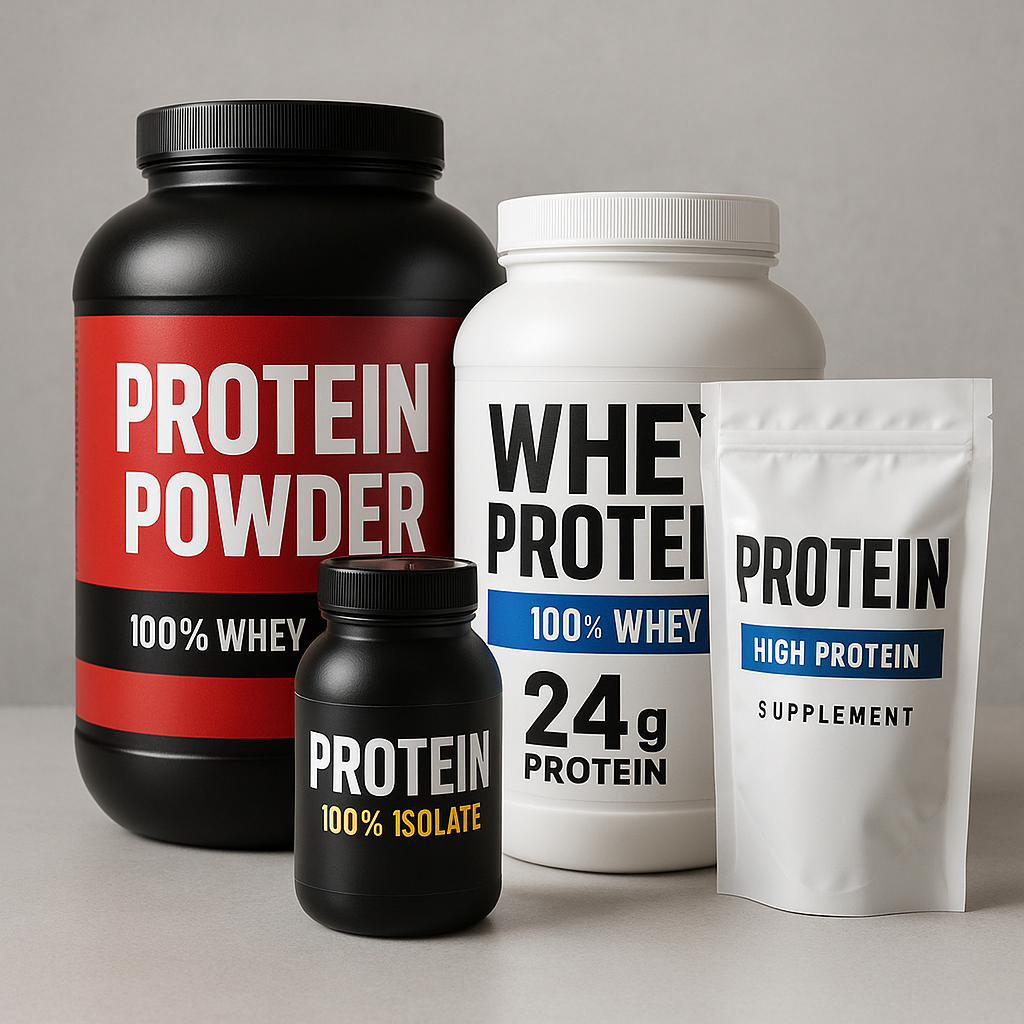
Production of Enzymes and Hormones:
Immune Function: Infection-fighting antibodies are proteins.
Weight Control and Satiety: Protein makes you feel full for a longer period, meaning you eat fewer calories overall.
Recommended Dietary Allowance (RDA) for protein is approximately 0.8 grams per kilogram of body weight for non-athletic individuals. Athletes and highly active individuals might need up to 1.6–2.2 grams per kilogram to meet training stresses and recovery.
Kinds of Protein Supplements
There are various types of protein supplements that have varying advantages and most suitable applications. Let’s discuss them individually:
Whey Protein
Isolated from milk when cheese is being made, whey protein is the most convenient and most studied form.
Fast Digesting: Best taken post-workout for fast delivery of amino acids.
High in BCAAs: Particularly leucine, which triggers muscle protein synthesis.
Forms:
Whey Concentrate: Some fats and carbs. Least expensive.
Whey Isolate: More filtered with greater protein content.
Whey Hydrolysate: Predigested for quicker absorption.
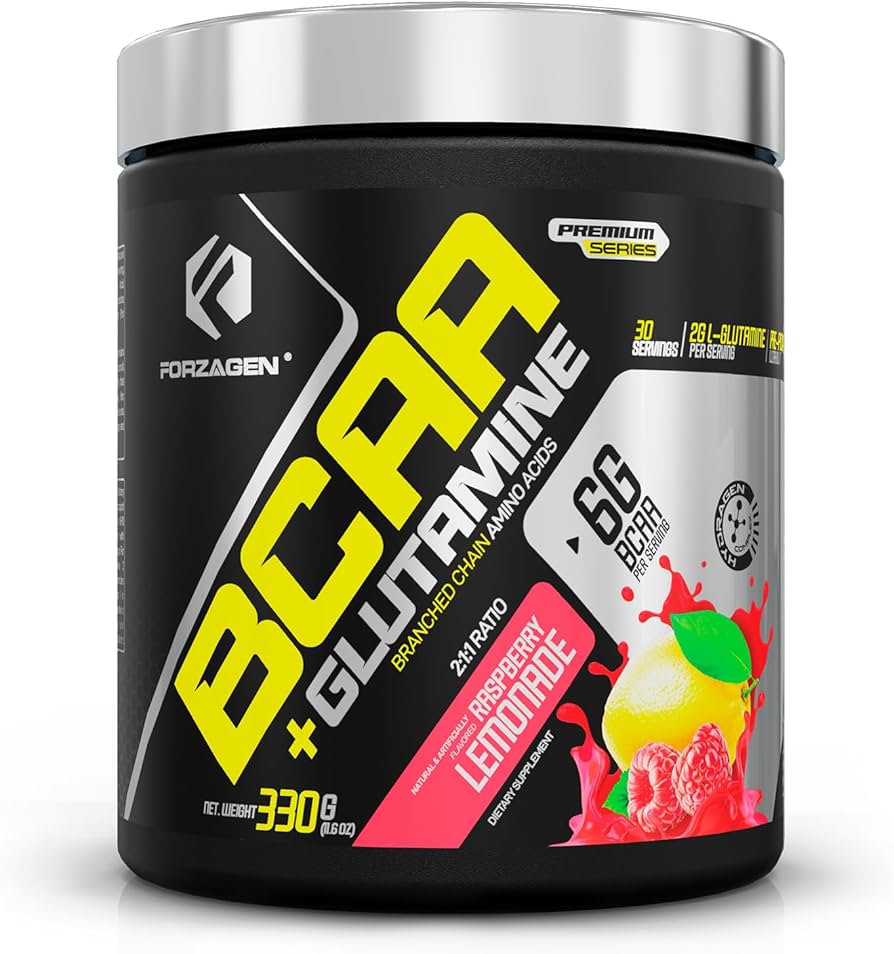
Casein Protein
Also isolated from milk, casein is slow to digest, releasing amino acids over several hours.
Best Used: Before sleep or in between meals.
Benefits: Helps to minimize muscle breakdown during fasting periods.
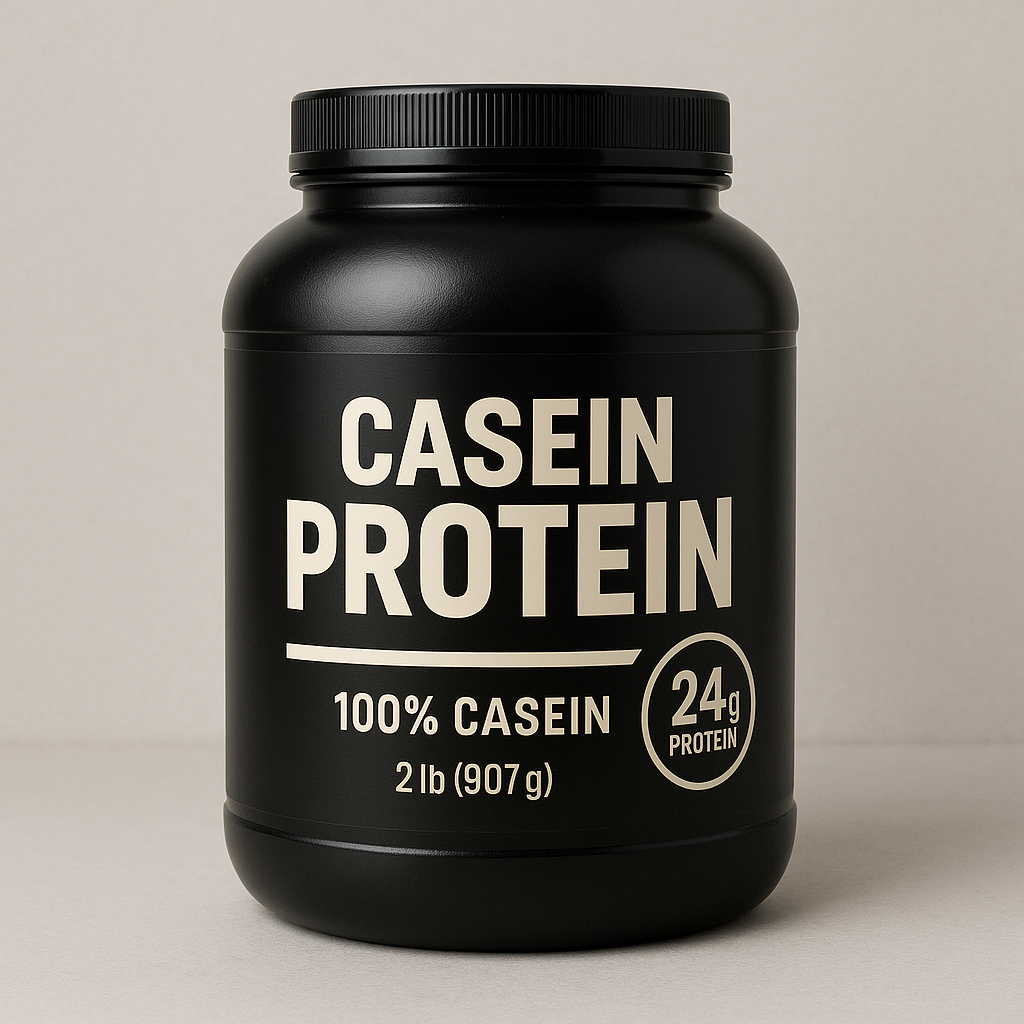
Soy Protein
A whole plant protein, which is perfect for vegans and vegetarians.
Contains Isoflavones: Can provide a benefit to heart health.
Moderate Digestion Rate: In between whey and casein.
Pea Protein
Made from yellow split peas, it’s high in essential amino acids (though slightly low in methionine).
Hypoallergenic: Suitable for people with dairy or soy allergies.
Often Used in Combination: With rice protein for an overall profile.
Hemp Protein
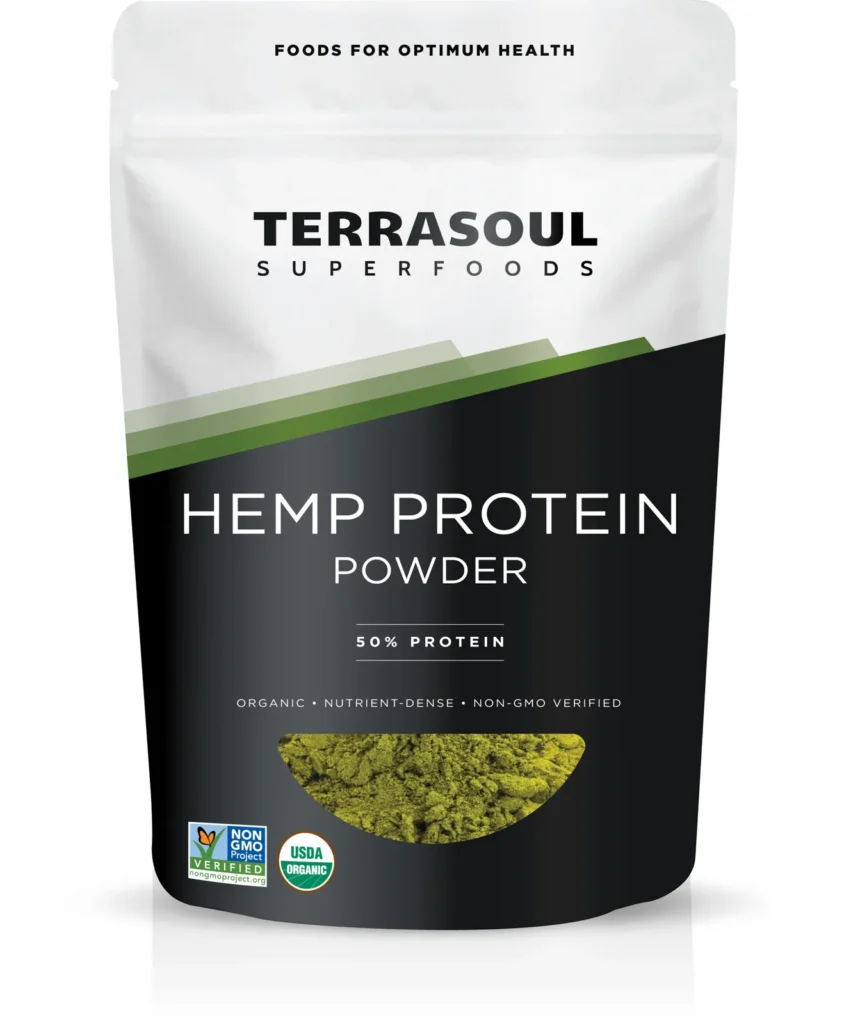
Produced from hemp seeds, it has omega-3 fatty acids and fiber.
Low in Lysine: Incomplete protein.
Best For: Overall nutrition and light supplementation.
Rice Protein
Processed from brown rice, another staple plant protein.
Low Allergenicity: Ideal for most individuals.
Incomplete by Itself: Typically used in combination with other plant proteins.
When Should You Take Protein Supplements?
Timed eating of protein can affect muscle recovery and gain. This is based on research and real-world experience:
Post-Workout
The “anabolic window” is the 30-60 minutes following exercise when your body is set to absorb nutrients.
Eating quickly digested protein such as whey isolate after working out can maximize muscle repair and growth.
Pre-Workout
Light protein shake with a bit of carbohydrate 1-2 hours prior to training can enhance performance and minimize muscle breakdown.
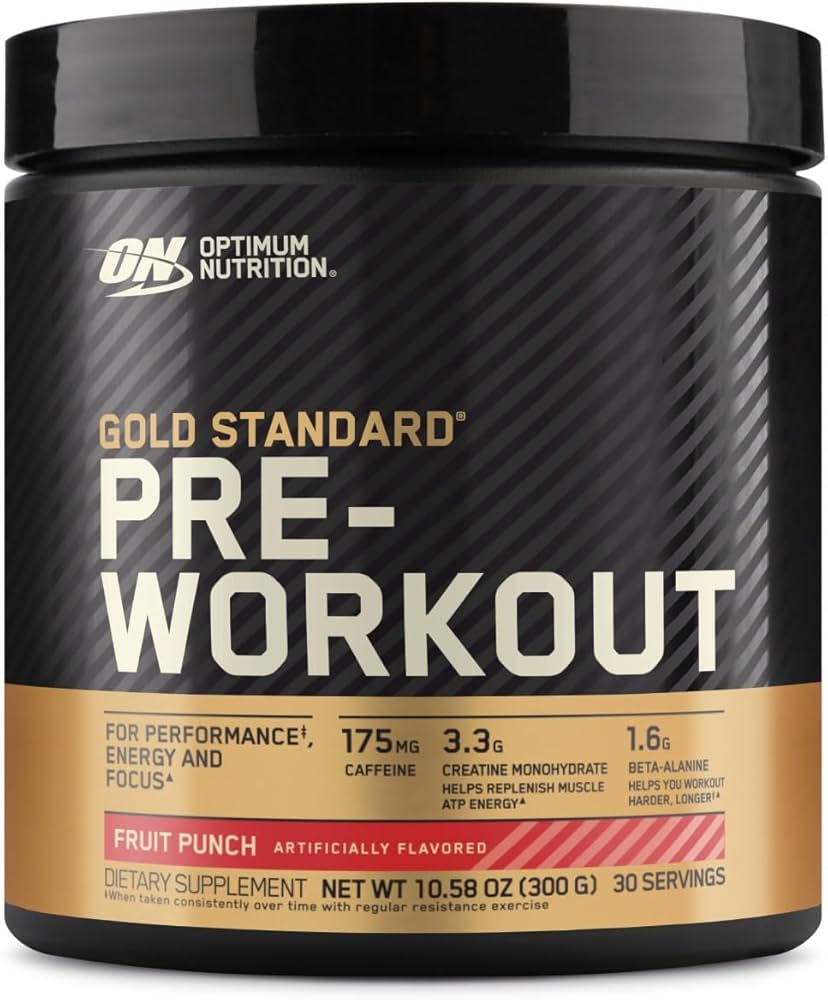
Before Bed
A slow-digesting protein such as casein may also assist in overnight muscle repair.
Between Meals
Supplements may be used as a snack to assist in achieving protein target during the day, particularly when schedules get busy.
How Much Protein Do You Need?
Protein requirements depend on age, sex, activity level, and desired goals:
Population\Protein Needs (per kg body weight)
Sedentary Adults\t0.8 g
Active Adults\t1.2 – 2.0 g
Strength Athletes\t1.6 – 2.2 g
Weight Loss Dieters\t1.8 – 2.7 g
Example: A 70 kg (154 l b s) individual doing strength training may target 112 – 154 grams of protein per day.
Supplements are meant to support, but not substitute, whole food items like eggs, meat, fish, dairy, legumes, and grains.
Advantages of Protein Supplements
1 Convenience
Protein powders are easy and fast to prepare—perfect for people with busy schedules.2
2 Controlled Calories
In contrast to whole food meals, shakes enable you to precisely measure nutrient content
3 Faster Absorption
Particularly whey protein, which quickly shoots amino acids into the bloodstream.
4 Facilitates Lean Muscle Mass
Several studies verify that protein supplementation, particularly after exercise, enhances muscle hypertrophy when paired with resistance training.
5 Assists with Weight Loss
Protein-rich diets maintain lean body mass and facilitate fat loss with decreased hunger.
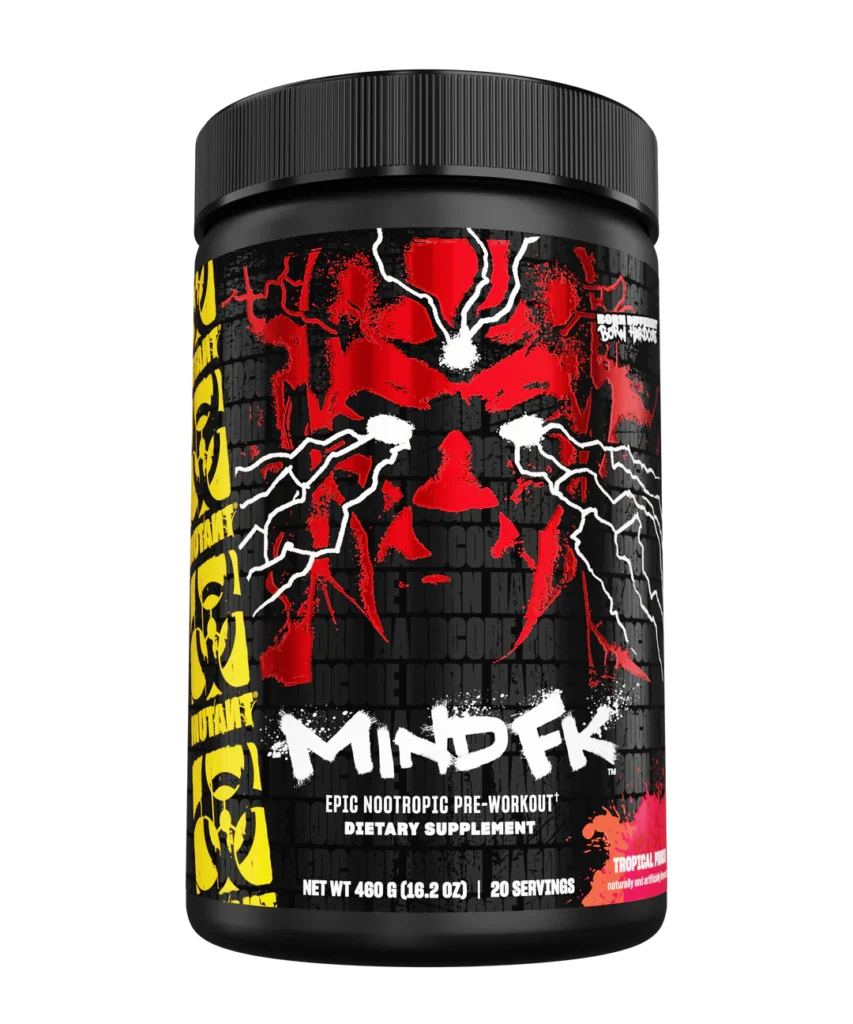
Possible Side Effects and Risks
Generally safe, poor-quality or excessive protein supplement ingestion can create problems:
Digestive Problems: Lactose-intolerant persons might get bloating or gas due to whey concentrate.
Kidney Strain (in Underlying Conditions): While safe in healthy kidneys, individuals with kidney disease must watch out for protein.
Heavy Metals: Some unregulated or lower-priced products can contain impurities. Always stick to third-party tested brands.
Debunking Common Myths
- “More Protein = More Muscle”
Additional protein doesn’t necessarily translate to increased muscle. Unless a sound resistance training program and healthy diet are in place, it’s stored as body fat or eliminated. - “Protein Supplements Damage Kidneys”
There is no strong evidence for this in healthy persons. But for those with kidney ailments, a doctor should be consulted. - “Only Bodybuilders Need Protein Supplements”
Not true. Anyone who has difficulty getting enough protein from food can use supplements—particularly vegetarians, vegans, and the elderly. - “Supplements Are Synthetic and Harmful”
Most supplements have their origin from natural food ingredients (such as milk or peas). Quality and purity are determined by the manufacturer and process used.
Selecting the Proper Protein Supplement
When choosing a protein supplement, take the following into consideration:
- Source
Animal-Based: Whey, casein, egg
Plant-Based: Soy, pea, rice, hemp
Vegan? Be sure to seek out combinations of pea and rice for a complete spectrum.
- Third-Party Testing
Search for certifications such as:
Supplements bridge nutritional gaps and aid in recovery from training.
Whey and casein are among the best for omnivores; pea and rice are fine for vegans.
Quality, dosage, and timing are more important than the hype of a brand.
You should always make whole foods the base of your nutrition
Gmail = (harishtehriya5@gmail.com)
mob = 9058978915